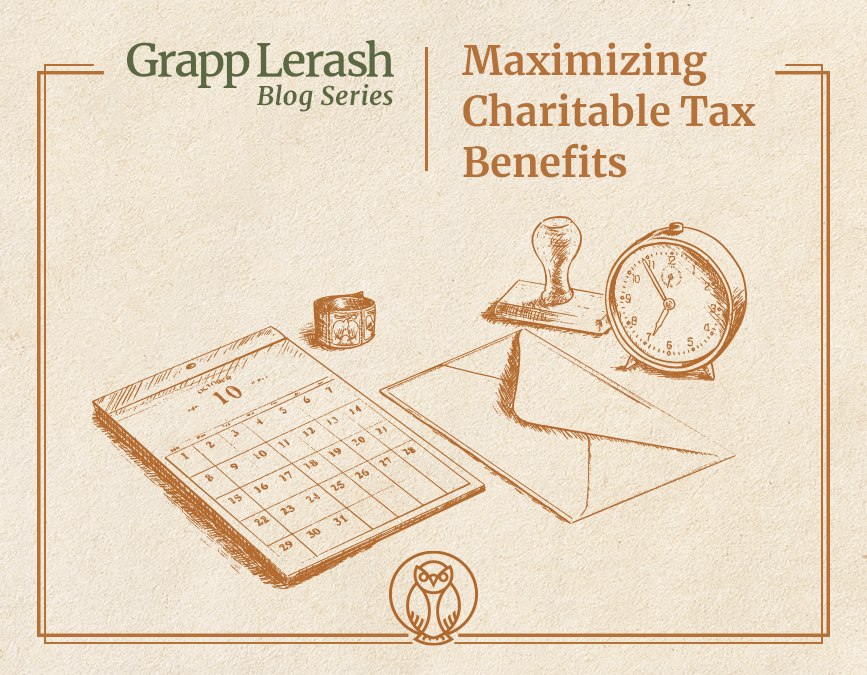Are you looking to make a difference in your community while also enjoying some tax benefits? Charitable contributions offer a fantastic way to do just that. By donating to a registered non-profit organization, you not only support a cause you’re passionate about but can also potentially reduce your taxable income. Here’s a quick overview of how tax deductions for charitable contributions work:
- Eligible Charities: Make sure the organization you’re donating to is a qualified 501(c)(3) non-profit. Donations to these organizations are typically tax-deductible.
- Itemization: To claim a tax deduction, you must itemize your deductions on your tax return using Schedule A. This is typically more beneficial than taking the standard deduction.
- Keep Records: Maintain records of your charitable donations, including receipts, bank statements, and acknowledgment letters from the charity.
- Deductible Expenses: You can deduct not only cash contributions but also non-cash donations, such as goods, stocks, or even mileage for volunteer work.
- Limits on Deductions: There are limits to how much you can deduct based on your adjusted gross income (AGI). Knowing these limits is essential for tax planning.
- Qualified Distributions from IRAs: If you’re over 70½, you can make tax-free charitable contributions directly from your IRA, satisfying your required minimum distribution (RMD) while avoiding income tax.
Consult with Grapp Lerash
Before making any charitable contributions, it’s wise to consult with a tax professional who can help you understand the implications for your specific tax situation. At Grapp Lerash, we specialize in helping our clients make informed decisions about charitable giving. Contact us today to ensure that your generosity also serves your financial best interest.


Recent Comments